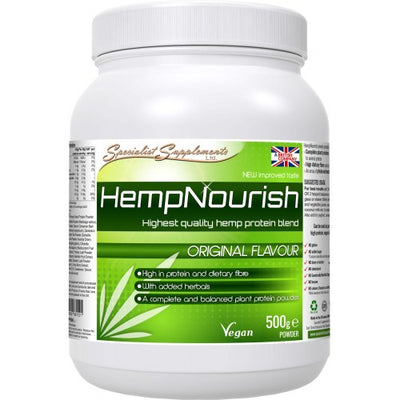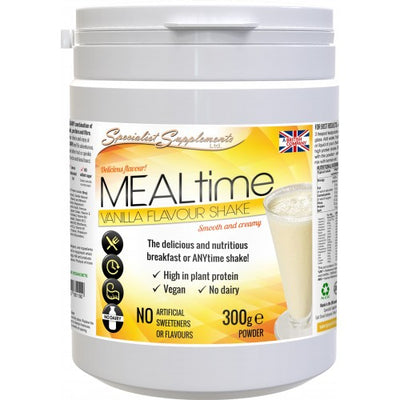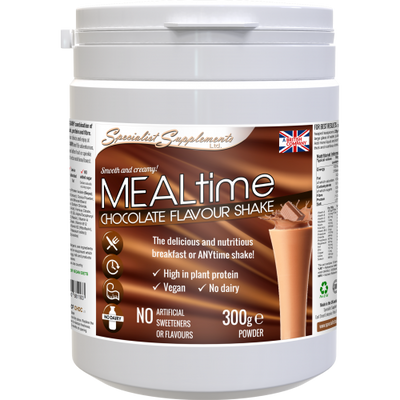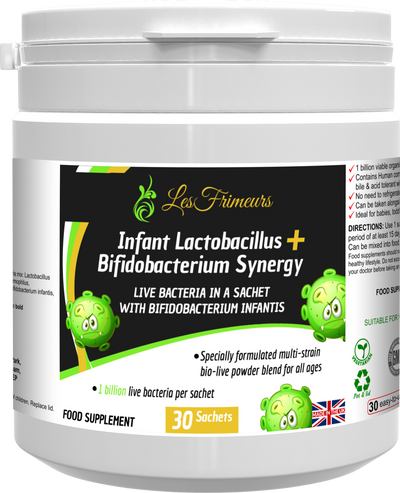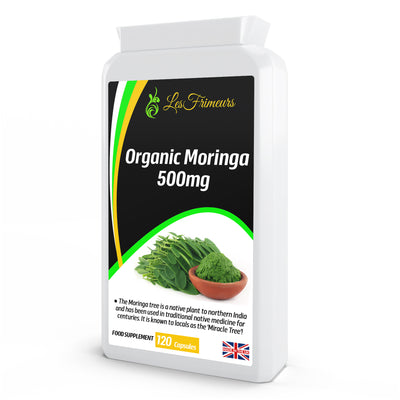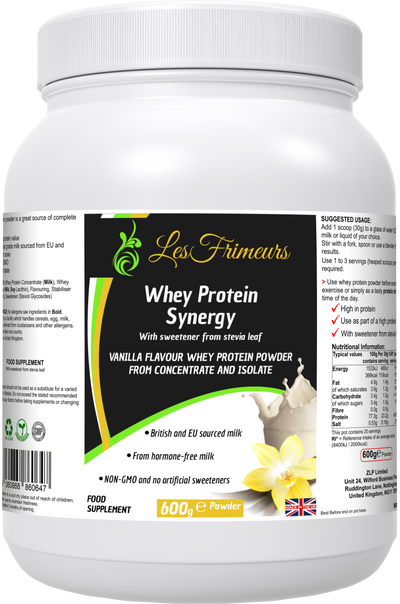HempNourish
500 g powder
HempNourish protein powder provides complete, balanced and natural vegan protein from hemp seed (45.2g per 100g) with all of the essential amino acids, making it an excellent alternative to animal protein. It is also high in fibre (16.2g per 100g) and low in saturated fat (1.0g per 100g).
It beats single-ingredient protein powders hands-down! It is easily digestible and does not cause bloating or flatulence, which many people experience with dairy-based protein powders - an ideal alternative to whey and soya.
Unlike many other hemp protein powders on the market, HempNourish contains no hexane or other toxic chemicals, which are often used during the hemp protein extraction process. Our hemp protein is extracted using only water, pressure and then flocculation.



